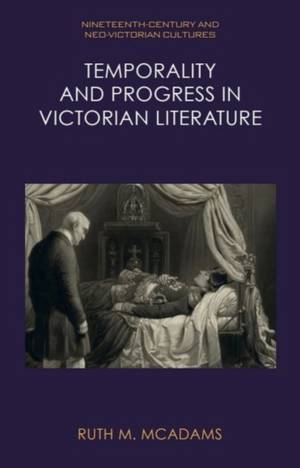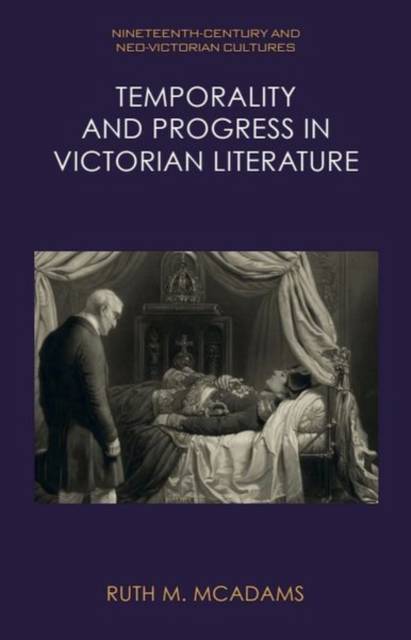
- Afhalen na 1 uur in een winkel met voorraad
- Gratis thuislevering in België vanaf € 30
- Ruim aanbod met 7 miljoen producten
- Afhalen na 1 uur in een winkel met voorraad
- Gratis thuislevering in België vanaf € 30
- Ruim aanbod met 7 miljoen producten
Zoeken
Omschrijving
Temporality and Progress in Victorian Literature argues that Victorian literature uses traces of a lingering past to theorize time as non-progressive and discontinuous. For decades, the dominant view in Victorian studies has been that the period's economic, political, and intellectual developments led to a broad sense that time was defined by continuous improvement--and that this masternarrative of progress was evident across Victorian writings. McAdams contributes to a broader scholarly challenge of this thesis by considering how the irregular life-cycles of individuals and objects undermine Victorian progress. Unfashionable waistcoats, aging courtesans, and remembered conversations in Victorian literature instead reveal numerous alternative conceptions of time theorized against the emerging dominance of a progress narrative. The book uncovers the heterogenous shapes of time imagined by Victorian literature--regress, cyclicality, stasis, and rupture. These shapes are not simply progress's others, but rather constituent elements of progress's theorization.
Specificaties
Betrokkenen
- Auteur(s):
- Uitgeverij:
Inhoud
- Aantal bladzijden:
- 256
- Taal:
- Engels
- Reeks:
Eigenschappen
- Productcode (EAN):
- 9781399532846
- Verschijningsdatum:
- 30/11/2024
- Uitvoering:
- Hardcover
- Formaat:
- Genaaid
- Afmetingen:
- 156 mm x 234 mm
- Gewicht:
- 535 g

Alleen bij Standaard Boekhandel
+ 370 punten op je klantenkaart van Standaard Boekhandel
Beoordelingen
We publiceren alleen reviews die voldoen aan de voorwaarden voor reviews. Bekijk onze voorwaarden voor reviews.







